Toothpaste can be in powder or semi-liquid form to clean and whiten the teeth. Brushing two times a day recommended to maintain good oral hygiene. There are various toothpaste available in the market such as whitening, fluoridated, charcoal, desensitising toothpaste, for oral prophylaxis, gum care toothpaste. It includes basic contents like abrasive agents, thickeners, humectants, flavoring agents and detergents.
What is so special about the Charcoal Toothpaste?
Nowadays charcoal-based dentifrices are popping up in the market. The charcoal used in a dentifrice, activated charcoal which is a fine powder of wood, coconut shells and oxidized substances. Charcoal formed under high heat which activates it by changing the inner structure of charcoal thus making it highly porous. Chemical activation preferred over heat activation as it is more efficient and fast.
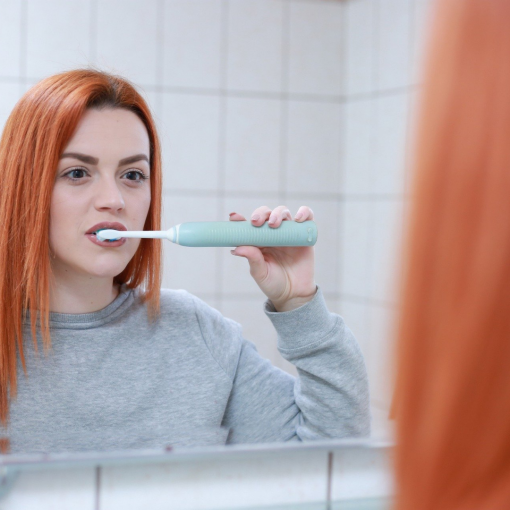
Activated charcoal negatively charged which increases its tendency to attract positively charged molecules such as tooth stains and plaque. Its function is basically to absorb and remove toxins from the surface. Activated charcoal may help in removal of stains on surfaces of teeth to some extent but there is insufficient data on its application for intrinsic stains.
Advantages of Charcoal Toothpaste:
- Removal of extrinsic stains- staining of teeth occurs due to consumption of substances present in caffeine, wine, smoking and some stain producing foods. These stains affect the facial esthetics of the patient. Activated charcoal adsorbs the extrinsic stains.
- Improves bad breath- activated charcoal increases the pH level of the oral cavity by binding with acidic components resulting in rapid removal of acidic components such as plaque from the mouth thus relieving bad breath.
Does charcoal toothpaste whiten teeth?
Activated charcoal in toothpaste may help remove surface stains on your teeth. Charcoal is a mild abrasive and is able to absorb surface stains to some degree. There is no evidence, though, that it has any effect on stains below a tooth’s enamel, or that it has a natural whitening effect.
Cons of Charcoal Toothpaste:
- Abrasive- charcoal toothpaste, not recommended daily as it is too abrasive. Also Using such highly abrasive will cause dental erosion and wearing down of tooth enamel. This eventually results in exposed dentin which makes the teeth more sensitive and look more yellowish. It also causes gingival recession.
- Lack of fluoride content- most of the charcoal toothpaste brands do not contain fluoride. For effective toothpaste 1350-1500 ppm of fluoride is required to protect teeth against caries. Fluoride is essential for making tooth enamel stronger.
- Trauma to gums- charcoal particles can lodge in between the gums resulting in inflammation and trauma to the gums.
- It could stain older teeth and dental restoration like veneers, crowns and bridges and tooth colored fillings.
How often should you use charcoal toothpaste?
Some dentists say that you can use it every month or so, in order to scrub stains from your enamel. Fine charcoal toothpaste won’t cause much damage to your teeth, and activated charcoal is perfectly safe to ingest.
Although charcoal dentifrices are getting popular in the market its risks outweigh the benefits as per the limited data available today! Read more about Best 5 Toothpaste Brands In India.

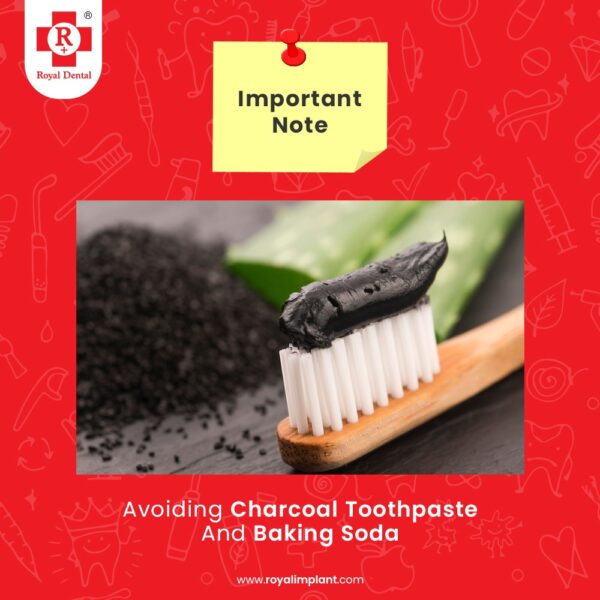
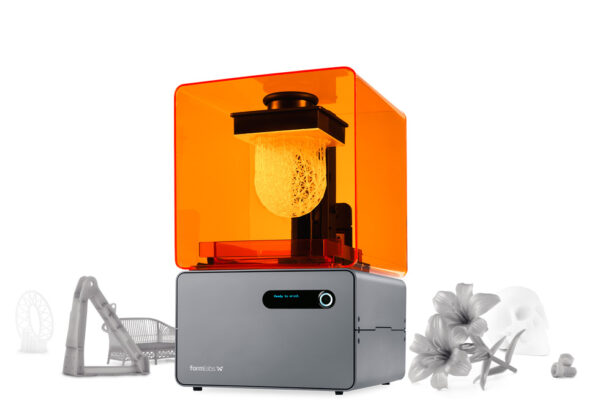
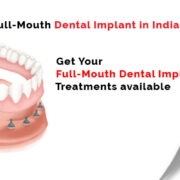
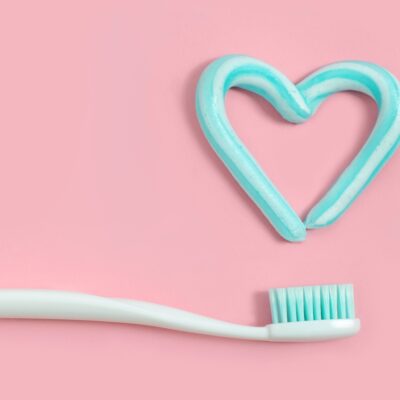
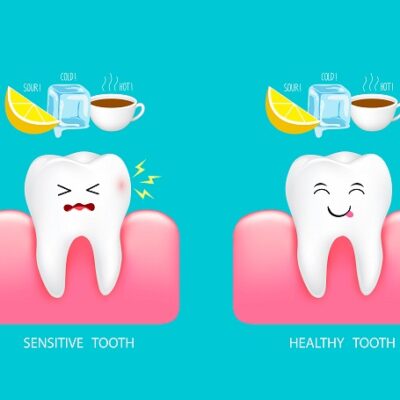
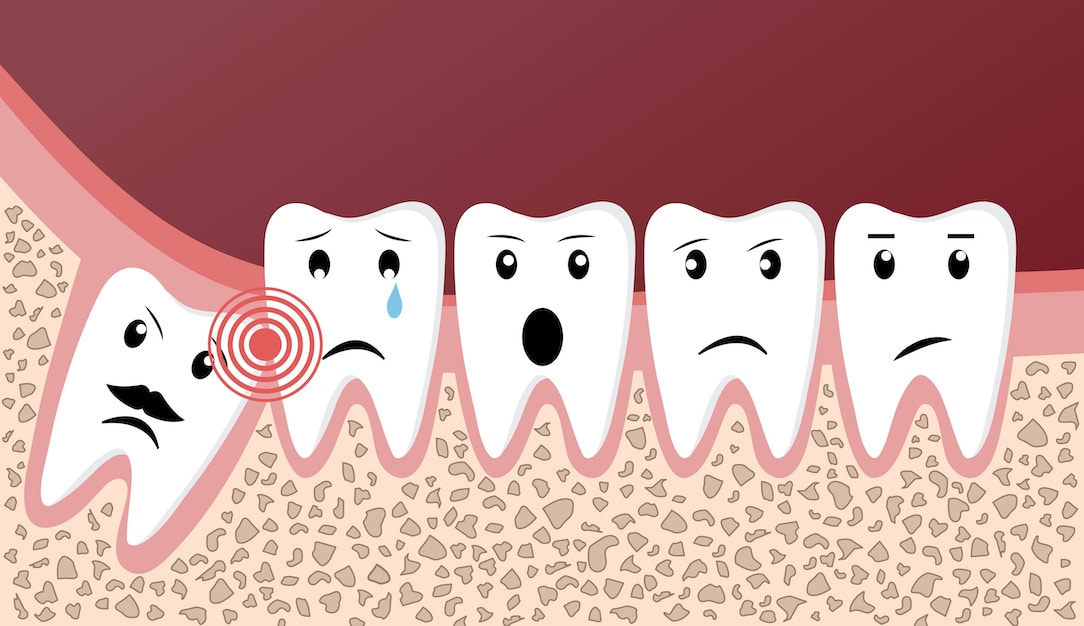
Brushing two times a day recommended to maintain good oral hygiene. is good for health